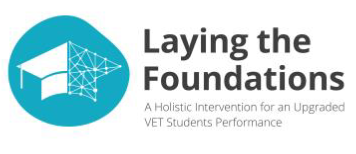Laying the Foundations
Laying the Foundations
Objectives of the project
The objectives of the project are the following:
- To create a comprehensive competence strategy by providing VET students with skills that align with both current and future job market demands.
To build an inclusive learning ecosystem by fostering a positive and supportive culture within VET institutions.
- To enhance the professional development of VET educators and staff by improving their skills and creating innovative teaching methods and approaches.
- To drive the digital transformation of the VET sector by equipping both students and teachers with the necessary digital skills.
- To foster cooperation and interaction between EU and Eastern Neighbourhood countries through collaborative activities in the VET sector.
Expected Main Results
- Holistic Competence Development: The project goes beyond standard assessments to help VET students develop essential skills such as entrepreneurship, critical thinking, and adaptability.
Inclusive Learning Ecosystem: An environment will be created where diversity is celebrated, and every student’s unique learning journey is supported. Special focus will be placed on promoting equity, integrating migrant students, and empowering those from disadvantaged backgrounds.
Digital Transformation: Both teachers and students will be equipped with the digital skills needed to enhance their learning experience and better prepare for the demands of today’s workforce.
Supportive Educational Culture: A positive and supportive culture within VET institutions will be cultivated to boost student well-being and academic success.
Addressing Socio-economic Disparities: Targeted interventions will be implemented to support socio-economically disadvantaged students, ensuring they have equal opportunities to succeed.
Main Activities:
WP1: Project Management, Quality Assurance and Evaluation
Project management, Quality Assurance and Evaluation will involve a variety of key tasks crucial for the successful organization and execution of the project. These tasks include partner meetings, creating a communication and a quality assurance plan, conducting risk assessments, planning activities, monitoring and controlling project tasks, and reporting.
WP2: Establishing and Operating the Foundation Semester:
The project will establish clear procedures for the operation of the Foundation Semester by developing Standard Operating Procedures (SOPs) for its implementation, setting guidelines for student enrolment, assessment, and progression, and defining the roles and responsibilities of VET providers, teachers, and support staff. VET providers will be prepared through targeted training sessions on the objectives, structure, and implementation procedures of the Foundation Semester, along with the provision of resources and materials to support the process. The operational procedures will be customized to meet the specific needs of each VET provider in the target countries. The Foundation Semester will then be piloted in selected VET providers, with ongoing support and guidance provided to address any challenges. Student progress will be monitored, and interventions will be adjusted as needed to ensure the program’s success. Feedback will be gathered from students, teachers, and stakeholders to continually improve the implementation of the Foundation Semester across all participating VET providers.
WP3: Building a Supporting VET Environment for Learners by Training their Trainers:
The project will focus on enhancing trainers’ skills through targeted training programs. For soft skills training with an emphasis on inclusivity, the first step will involve conducting desk research and assessing trainers’ skill gaps via a self-assessment questionnaire. Based on the findings, training materials will be developed, followed by the delivery of an online “Train the Trainers” session on soft skills and inclusivity. For digital skills training, trainers’ needs will be assessed through a self-assessment tool, after which relevant digital tools will be identified and an online training session will be delivered to help teachers effectively use these tools and upskill their digital capabilities. Additionally, a “Be a Mentor” training program will be implemented, starting with a report on best practices related to mentorship roles in VET, followed by the development of training materials using role-playing and use case scenarios. The final step will be a two-day face-to-face workshop to train the trainers on effective mentorship techniques.
WP4: Empower VET Students and Promote a Learning-to-Learn Philosophy:
The project will offer a range of programs aimed at enhancing VET students’ skills and empowerment. A mentorship program will match VET mentors with students, facilitating regular mentorship sessions and monitoring progress. For digital literacy, students will undergo a self-assessment to evaluate their skills, followed by the development of a tailored digital literacy curriculum. Online workshops (both synchronous and asynchronous) will be delivered to students, and the program’s effectiveness will be evaluated. The project will also focus on developing “Learning-to-Learn” skills, starting with identifying key soft skills through desk research and interviews with newly enrolled students. Training materials will be developed and a blended learning curriculum will be delivered. Additionally, empowerment workshops will be designed to help VET students build confidence and skills, with the impact of these workshops assessed to measure their effectiveness in student empowerment.
WP5: Awareness Raising and Exploitation:
The project will begin with preparatory dissemination activities, including the development of a comprehensive dissemination and exploitation strategy plan, along with the creation of a portfolio showcasing the project’s dissemination materials. To reach a wider audience, both online and face-to-face activities will be organized. This will include the launch of a project website, featuring an e-learning component, and various online dissemination efforts. National Info Days will also be organized by each partner to engage local communities. Additionally, capitalization activities will include a final conference to share outcomes and lessons learned, as well as the creation of an Impact Assessment Report that evaluates the entire project’s implementation and effectiveness.
Project Partners
- EVBB
- AKMI MONOPROSOPI ANONIMI EKPAIDEFTIKI ETAIRIA
- Skills Together
- BK
- College Icarus
- College BlackSea
- Public Institution Professional School No.10
- PI Professional School no. 5
- Lviv Professional College
- State Education Establishment "Khmelnytskyi
- EZD



